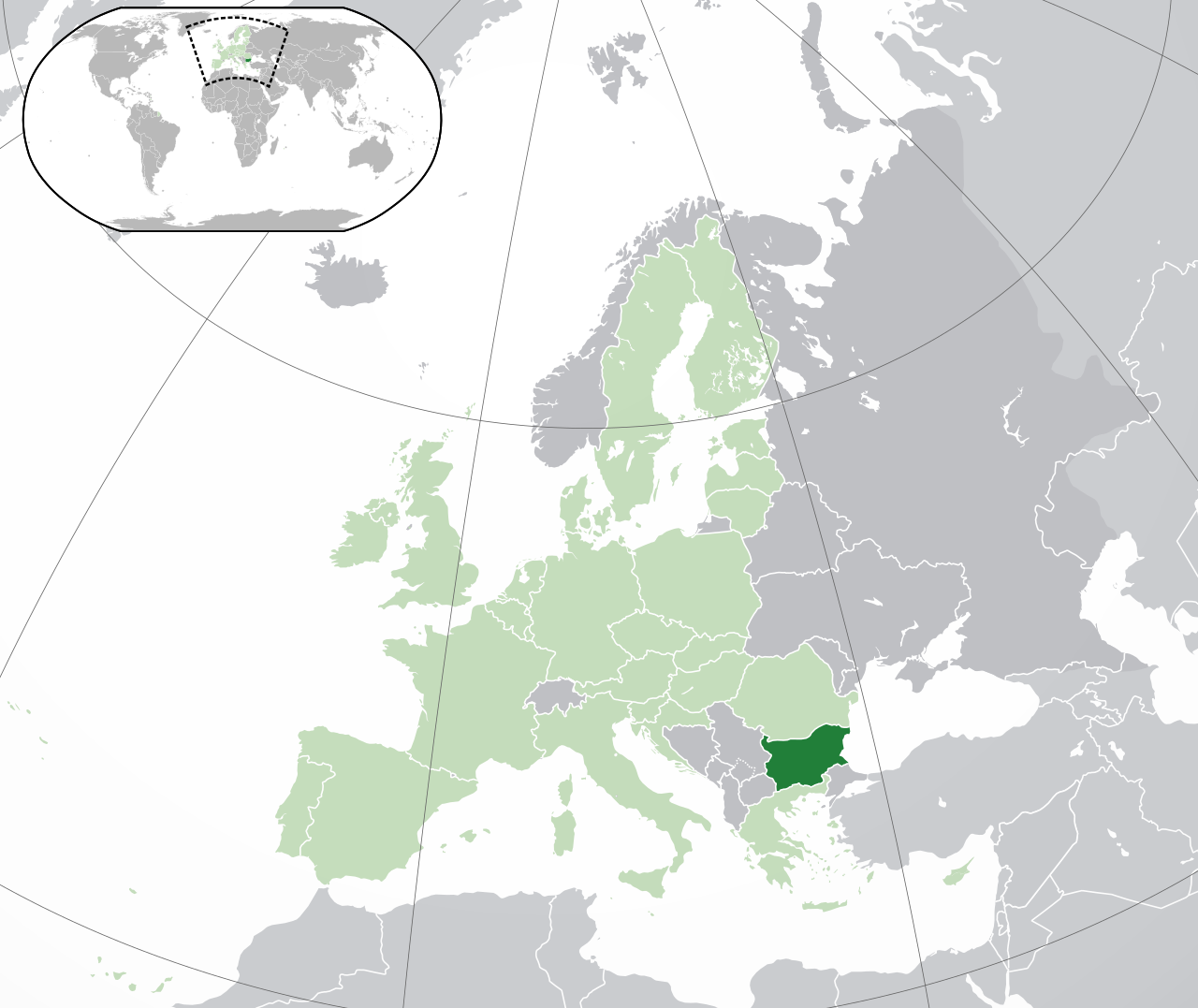
- Population:
- 6,758,000
- Religion:
- Christianity
Bulgaria’s history traces back to the Thracians before becoming part of the Roman and Byzantine Empires. The First Bulgarian Empire was established in 681, later falling under Ottoman rule for nearly 500 years. Bulgaria gained independence in 1908 but faced political turmoil in the 20th century, including alignment with Nazi Germany and subsequent communist rule under Soviet influence. In 1989, it transitioned to democracy and has since joined NATO and the EU, steadily developing its economy and infrastructure.
Bulgaria, officially the Republic of Bulgaria, is a country in Southeast Europe, bordered by Romania to the north, Serbia and North Macedonia to the west, Greece and Turkey to the south, and the Black Sea to the east. It covers an area of 110,994 square kilometers and has a population of approximately 6.9 million people as of 2023. The capital and largest city is Sofia. The official language is Bulgarian, and the predominant religion is Eastern Orthodox Christianity. Bulgaria has a diverse landscape, featuring mountains, plains, and a coastline along the Black Sea. The country has a rich cultural heritage, with influences from Thracian, Roman, and Ottoman civilizations. Bulgaria operates as a parliamentary republic. The economy is classified as upper-middle-income, with key sectors including energy, mining, agriculture, and tourism. Bulgaria is a member of the European Union, NATO, and the United Nations.






